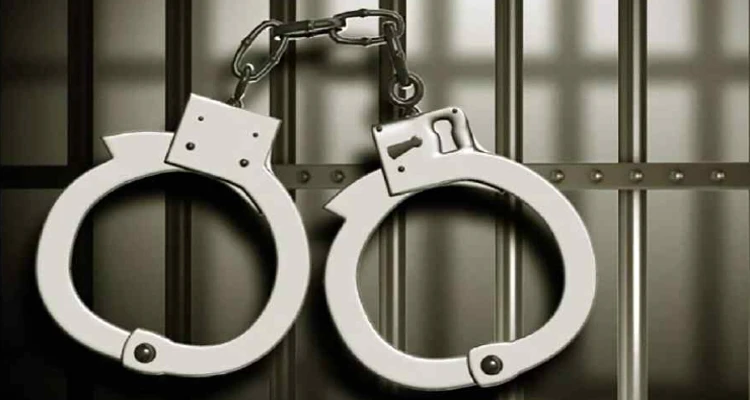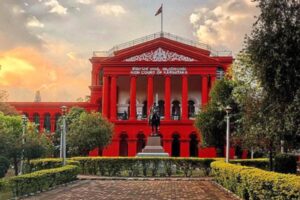
The adage “justice delayed is justice denied” highlights a critical flaw in the criminal justice system: the prolonged detention of undertrial prisoners. These individuals, awaiting trial, are confined in judicial custody, often for periods exceeding the potential maximum sentence for their alleged crimes.
In India, over 200,000 undertrial prisoners have languished in jails for years due to systemic inefficiencies and lack of coordination between the judiciary, state, and central governments. Many of these prisoners remain incarcerated simply because they cannot afford bail, with exorbitant amounts often set beyond their financial reach. This disproportionately affects the poor, who are also typically unaware of their legal rights to bail and free legal aid.
Undertrial prisoners are legally presumed innocent until proven guilty. Yet, they endure the same harsh conditions as convicts, without access to adequate medical care, and are often subjected to exploitation. This not only violates their right to liberty but also their fundamental human rights.
Despite various legal provisions and court directives aimed at protecting undertrial prisoners, their conditions remain dire. The Supreme Court has repeatedly emphasized the need for reforms, such as ensuring timely trials and improving living conditions in jails. Landmark judgments have called for the humane treatment of prisoners, including prohibitions on routine handcuffing and solitary confinement.
The situation is exacerbated by overcrowded prisons, with undertrials making up nearly 70% of the prison population. The National Crime Records Bureau reports that many undertrials are detained for years, often longer than the sentences they would serve if convicted. This prolonged incarceration has severe psychological and social repercussions, including mental health issues and stigmatization upon release.
Effective solutions require comprehensive reforms, including expediting trials, simplifying bail procedures, and establishing separate facilities for undertrial prisoners. Additionally, increasing the number of judges and improving the compensation for public defenders can ensure fairer and faster legal proceedings. By implementing these measures, the criminal justice system can uphold the principle of “innocent until proven guilty” and safeguard the rights of undertrial prisoners.




